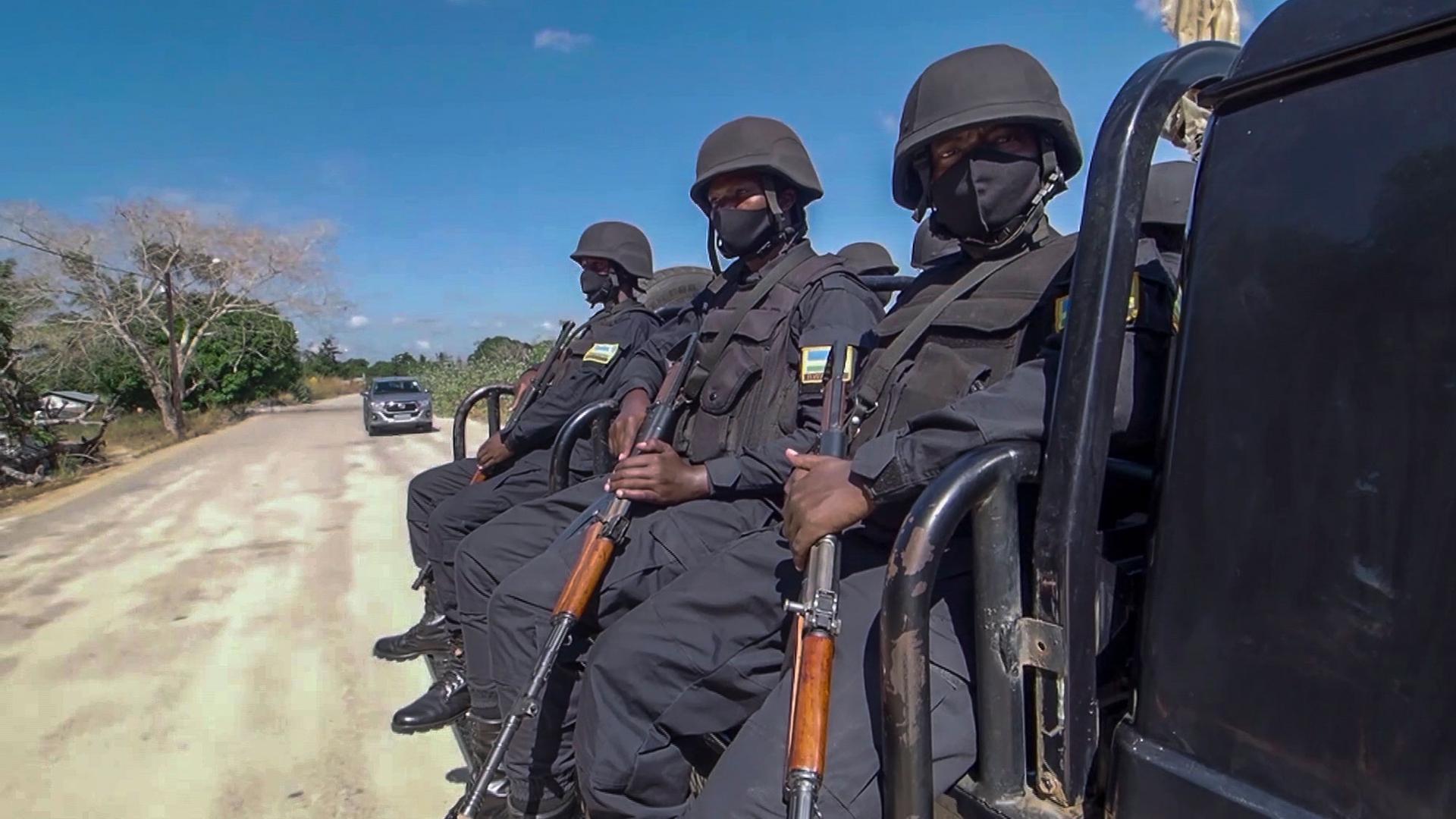20 years after 9/11, global terror threats persist in Africa
When al-Qaeda attacked the Twin Towers on Sept. 11, 2001, it launched a new, so-called “war on terror” across the world.
But 20 years later, the threat of terrorism lives on, and in Africa, the problem has gotten worse.
Related: How will the Taliban interact with other terrorist groups in Afghanistan?
“Unfortunately, while in much of the world, 9/11 is viewed as in the past, in Africa, the legacy of those attacks lives on.”
“Unfortunately, while in much of the world 9/11 is viewed as in the past, in Africa, the legacy of those attacks lives on,” said Murithi Mutiga, project director for the Horn of Africa at the International Crisis Group.
“Today, there are more jihadis operating on the continent than there were 20 years ago,” he continued.
Indeed, in recent decades, terrorism has become a shared burden between African countries and the United States.
Related: ISIS-linked port seizure signals growing terrorism threat in Mozambique
In 1998, when al-Qaeda attacked two US embassies in Kenya and Tanzania, then-President Bill Clinton ordered airstrikes on properties in both Afghanistan and Sudan, countries that were both harboring terrorists.
Two years ago, the al-Qaeda-linked group al-Shabab attacked a hotel complex in Nairobi, killing dozens of people, including an American.
“Al-Qaeda’s had a long presence within the region; it may not have always been called al-Qaeda, but a form of jihadist call has existed within the region for decades,” Mutiga said.
The group has since inspired the formation of Islamist militant groups across the continent that continue to wage deadly attacks.
For some, the United States’ withdrawal from Afghanistan signaled the end of its “war on terror,” but it also brought fresh concerns about the fate of terrorism in Africa.
“Africa is the new frontline of global militancy,” wrote Nigeria’s President Muhammadu Buhari in an op-ed last month, calling for more support for African countries to address these problems.
“Africa’s fight against terror is the world’s fight. We will defeat them one highway, one rail link — and one job — at a time.”
But many experts warn against a globalist approach — noting how local ambitions remain at the roots of most insurgencies — Islamist or not.
“I don’t think the international approach in terms of fighting global terrorism can be relevant in this context or anywhere else.”
“I don’t think the international approach in terms of fighting global terrorism can be relevant in this context or anywhere else,” said Niagalé Bagayoko, of the Africa Security Sector Network.
In the Sahel, for example, persistent insecurity is driven not only by Islamist militant groups but also by community clashes and armed militias, all of which are products of persistent local issues that governments have been unable to address.
“It’s very important not to only read the current situation in the Sahel through the lens of jihadism and terrorism,” Bagayoko said.
While a number of local groups, from al-Qaeda in the Islamic Maghreb (AQIM) to the growing insurgency in Mozambique, continue to attach themselves to global insurgencies — most experts agree that those links are tenuous.
Related: Hundreds remain missing after Cabo Delgado attack
Twenty years after 9/11, experts in Africa say one thing is clear: The approach to counterterrorism needs to change.
